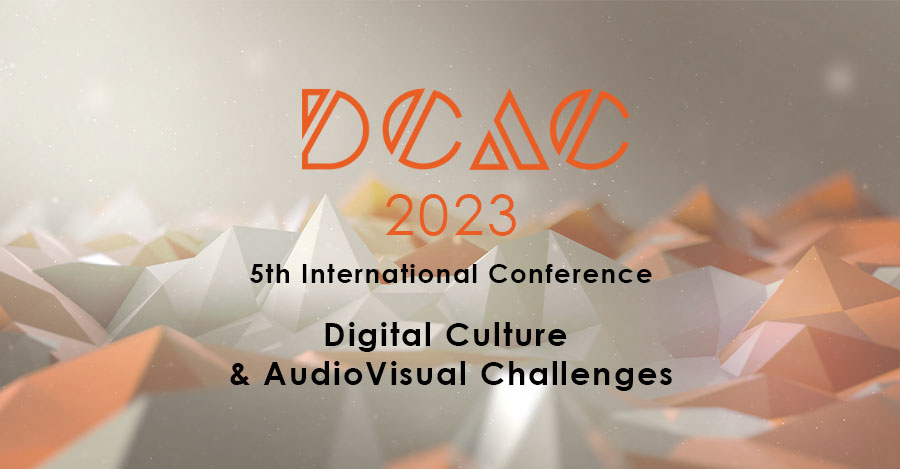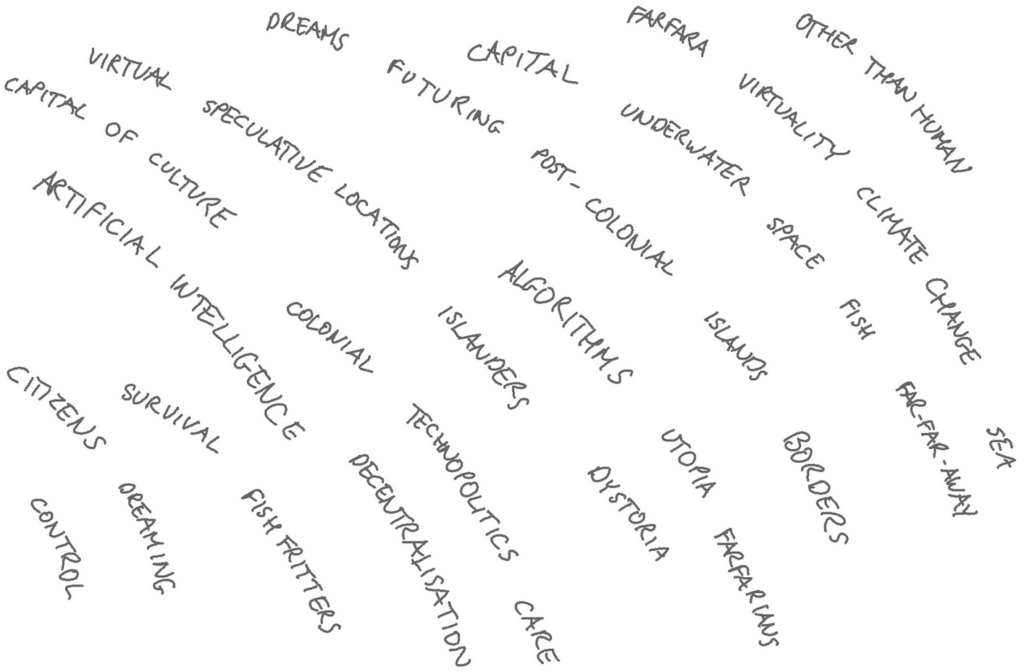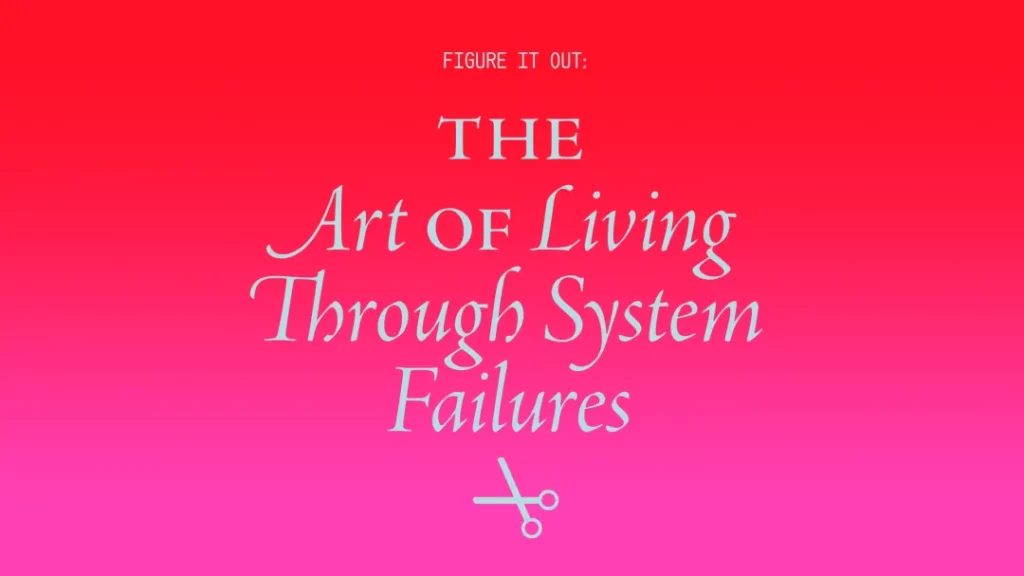In an era of global crisis — ecological and economic; sanitary and socio-political — symbiosis is a notion that allows us to explore the metamorphosis afoot and to imagine possible futures. This symposium offers an experimentation incubator where artists, designers, scientists, and other thinkers will exchange and debate on processes and practices, exhibiting innovating projects along the way.
Symbiosis is a cornerstone of life itself — no organism, nor any species more widely, could survive isolated and without exchanges . This applies as much to human societies as to the relations of those societies with their environments. More than a simple co-existence, symbiosis involve interdependence. It can be positive, neutral, or negative, varying according to the dynamic between the relations between the parties. We must, then, choose our symbiotic models wisely. This is the thematic orientation of this year’s conference.
Symbiosis — at once object, subject, and pre-condition for this international gathering.
ISEA2023 SYMBIOSIS is a symbiotic event: trans-disciplinary (including visual arts, theater, music, design, cinema, sociology, philosophy, economics, engineering, mathematics, biology, physics , …) and inter-sectorial, concerning the arts, creatives industries, research, and citizenship more widely.



